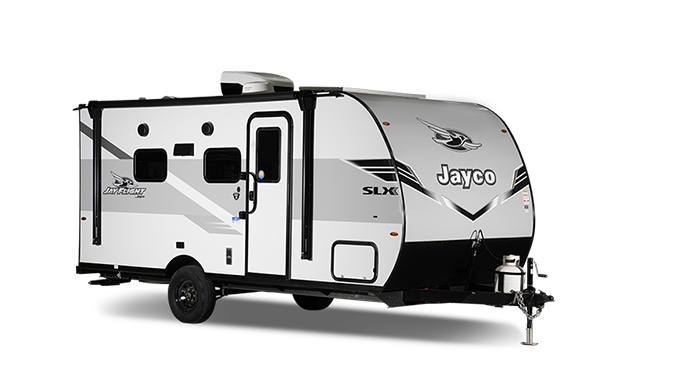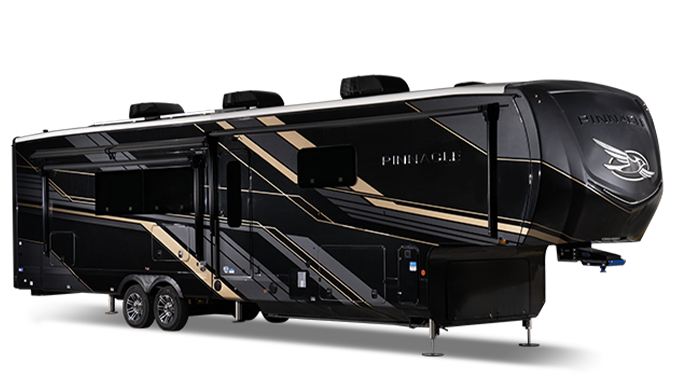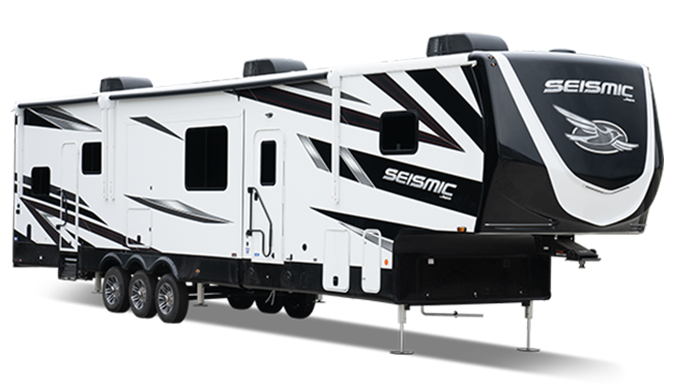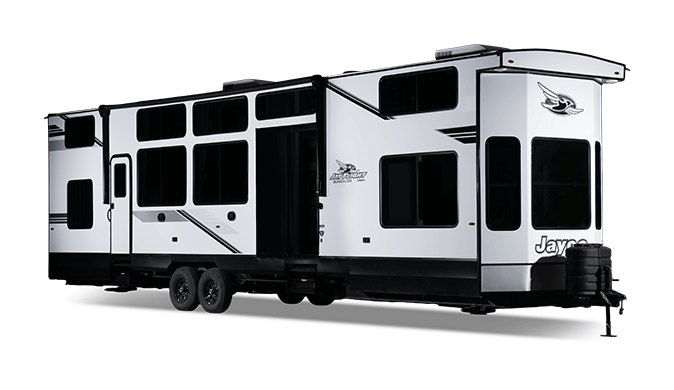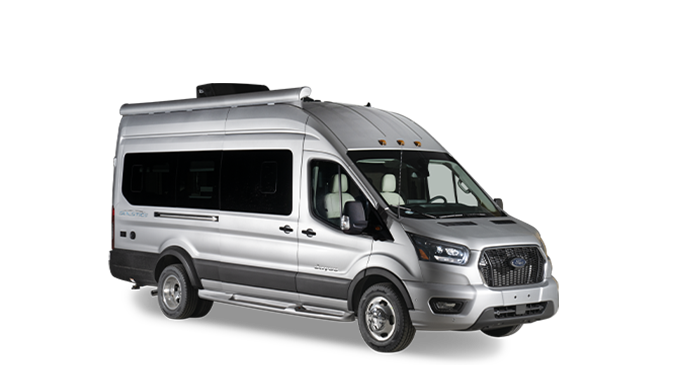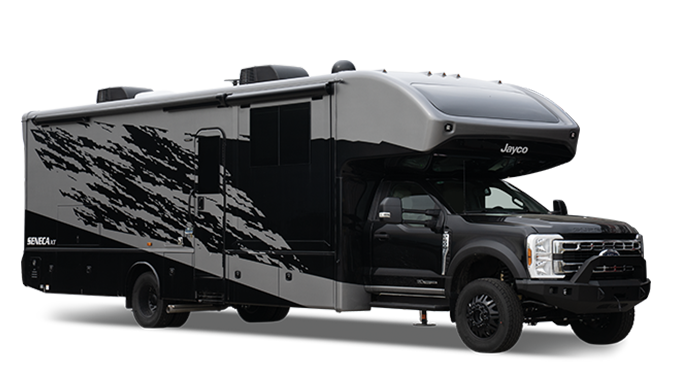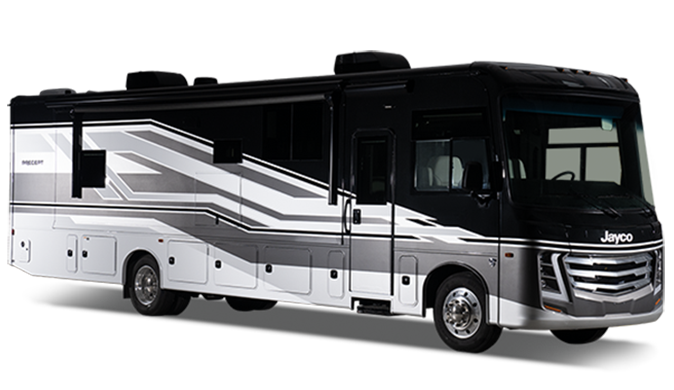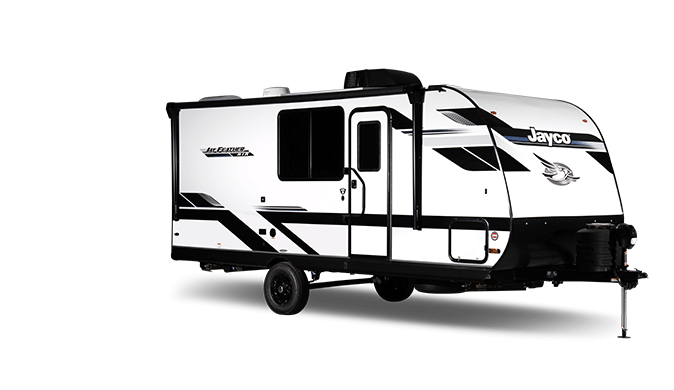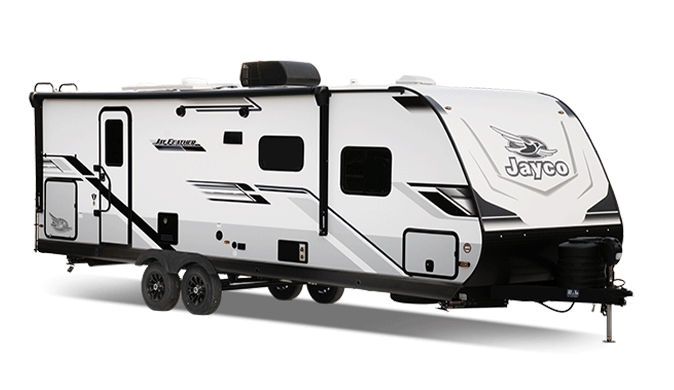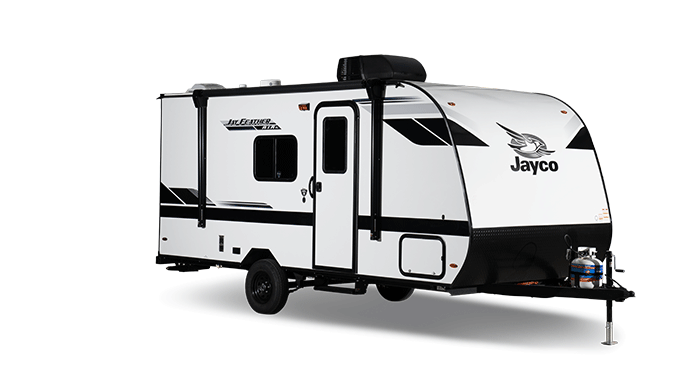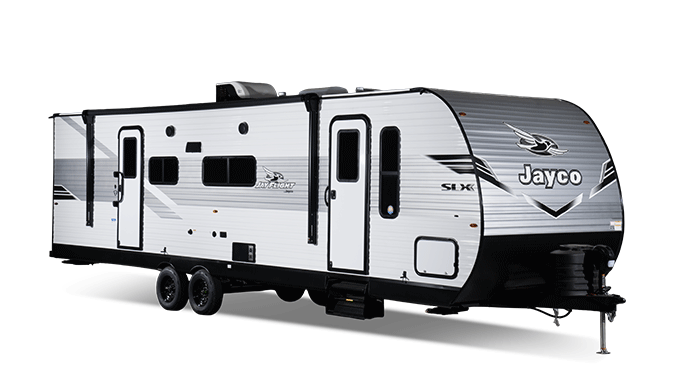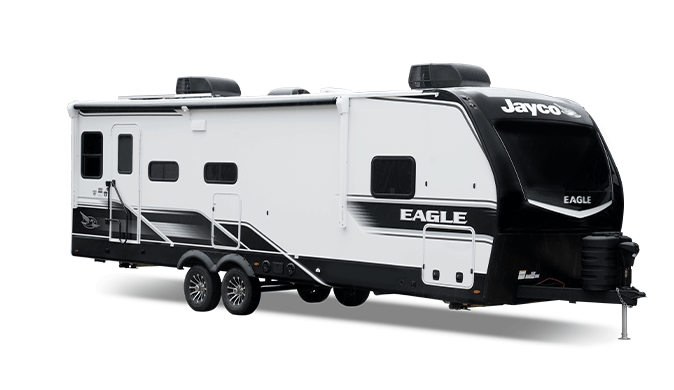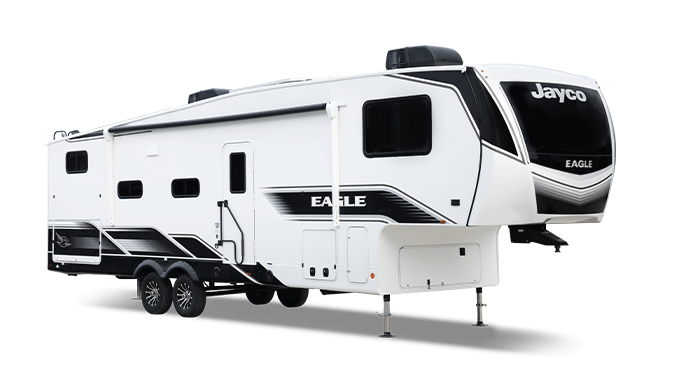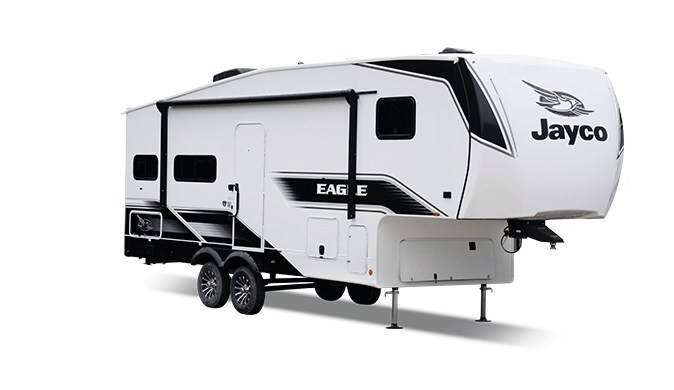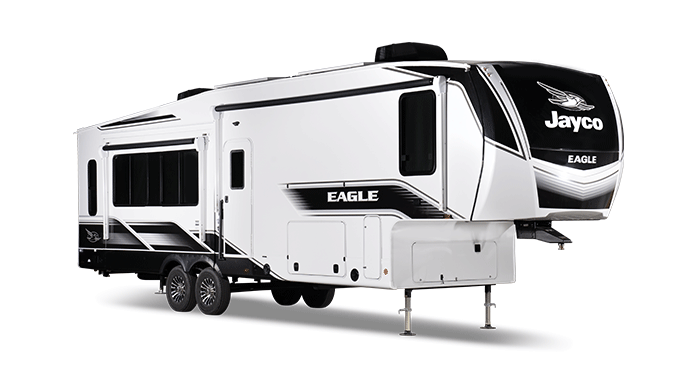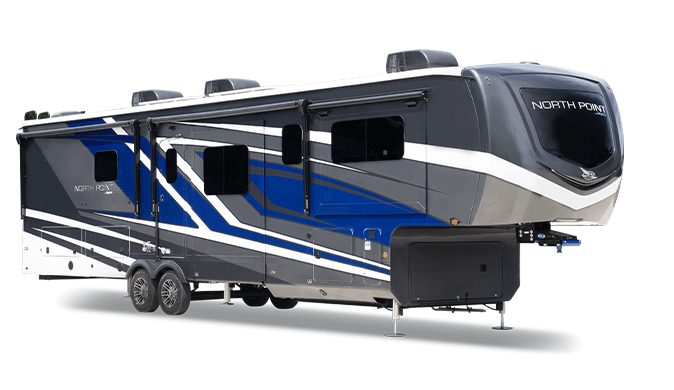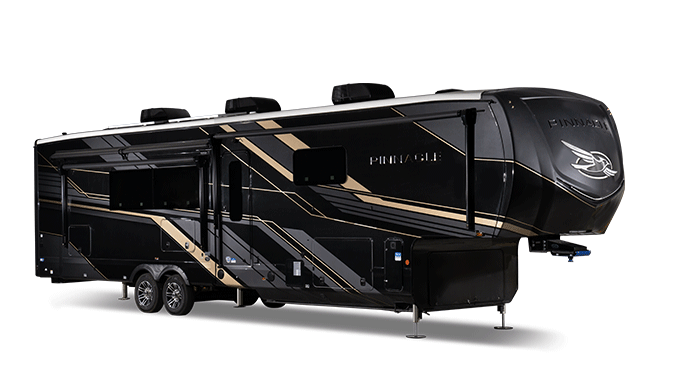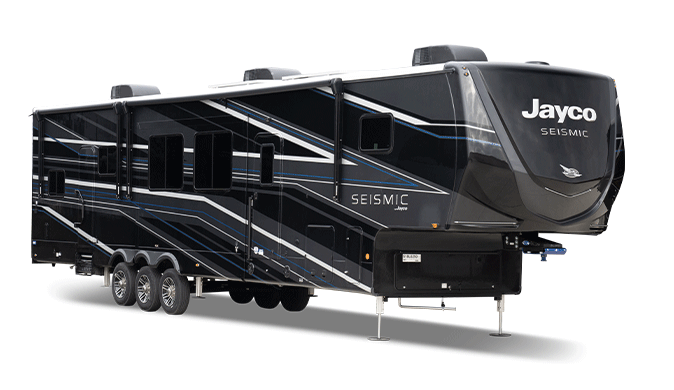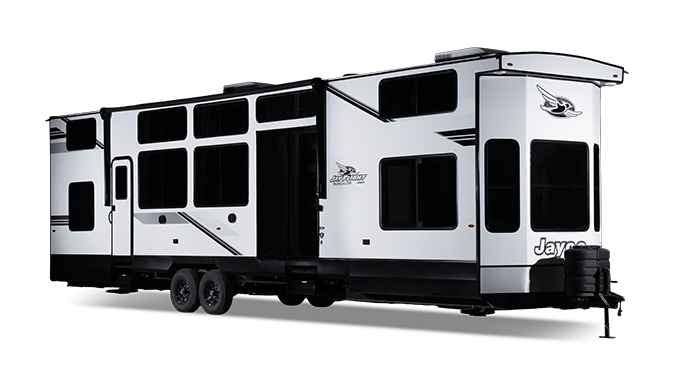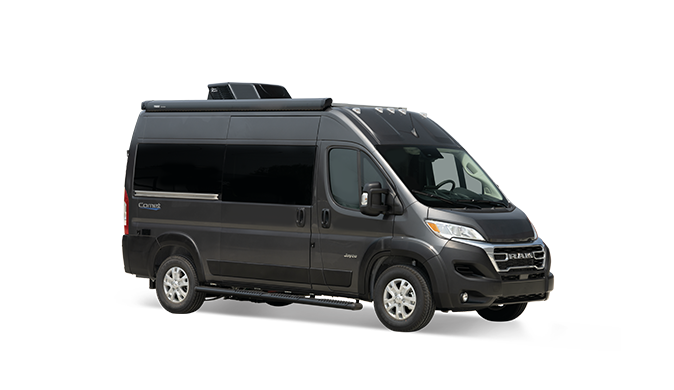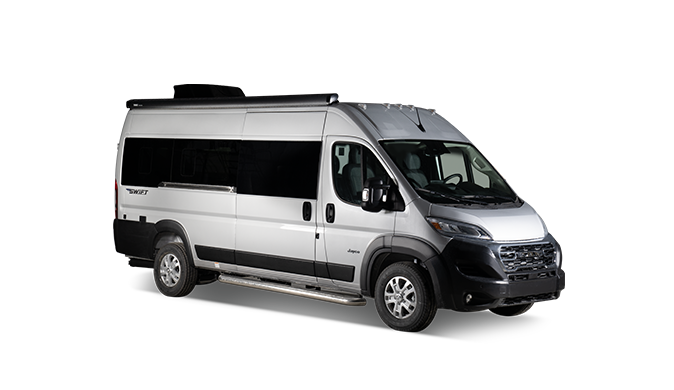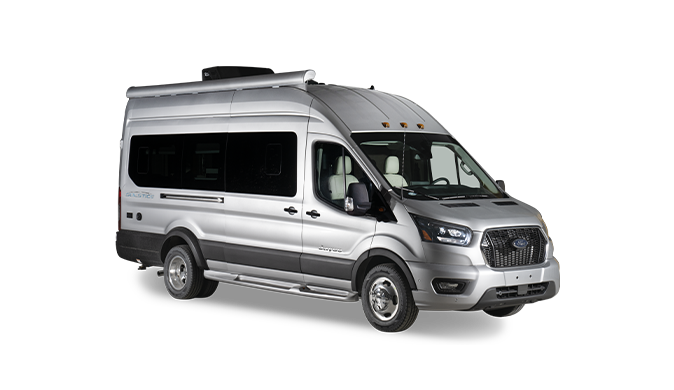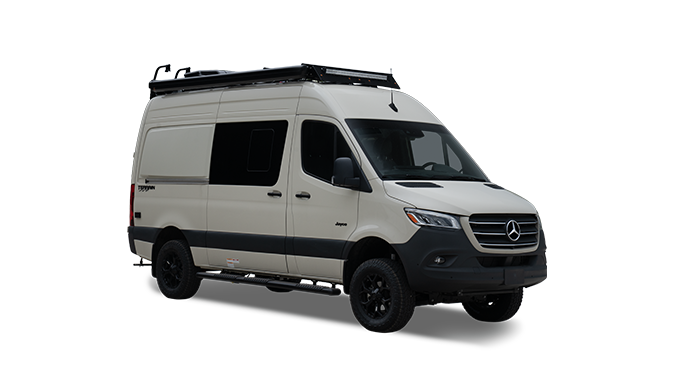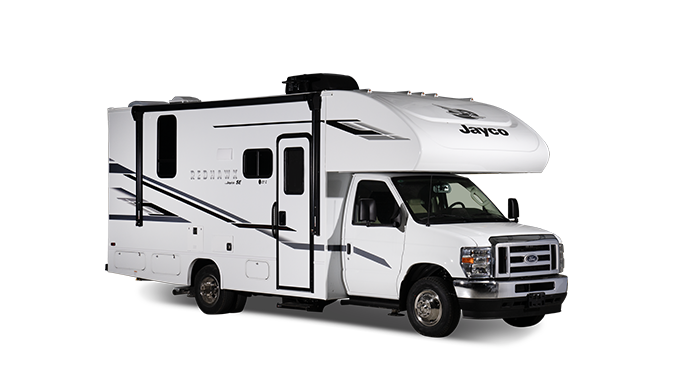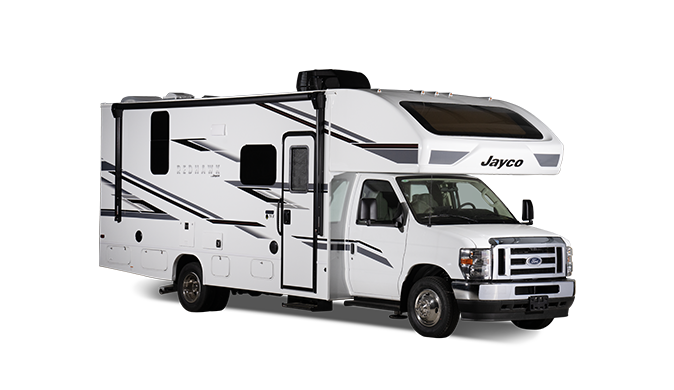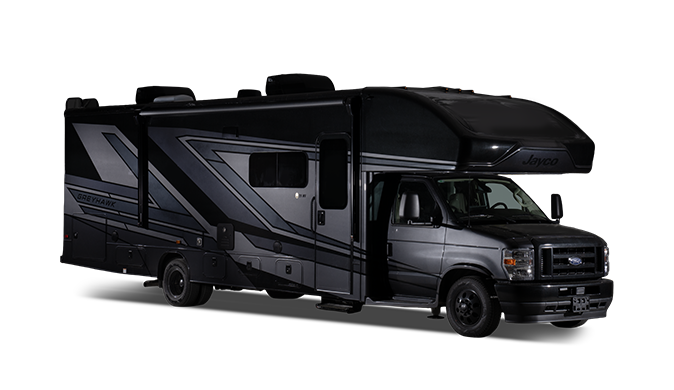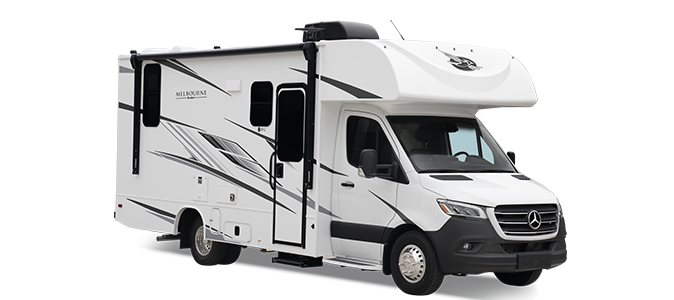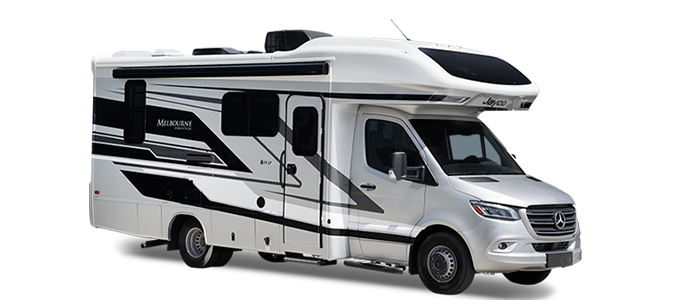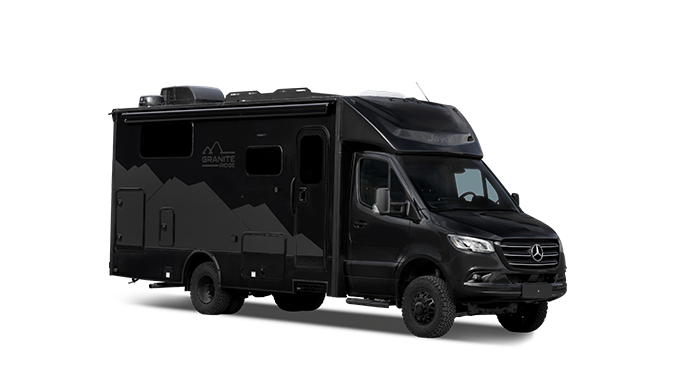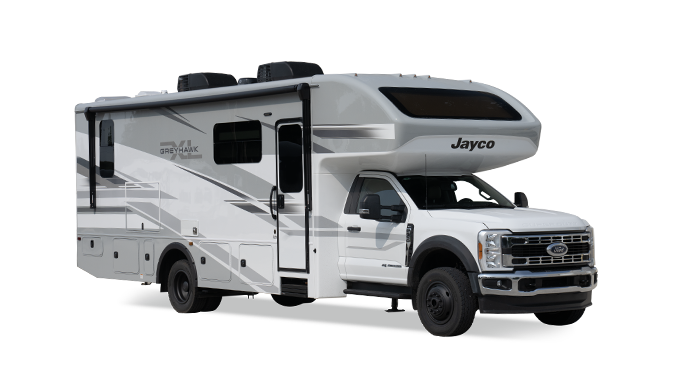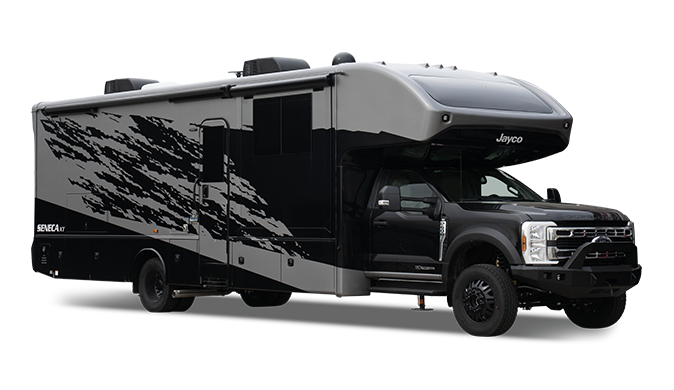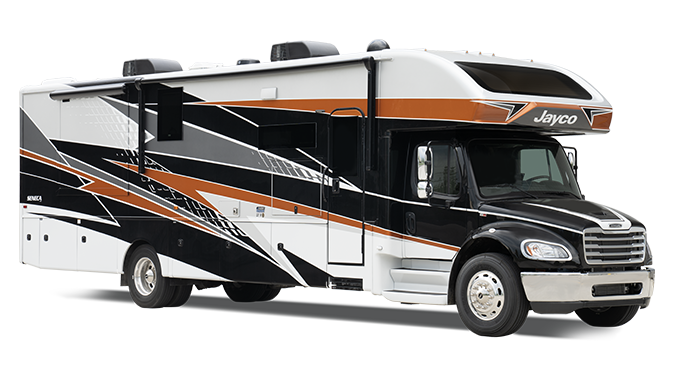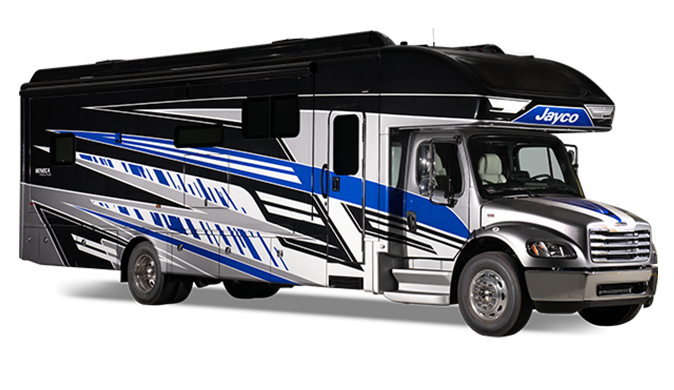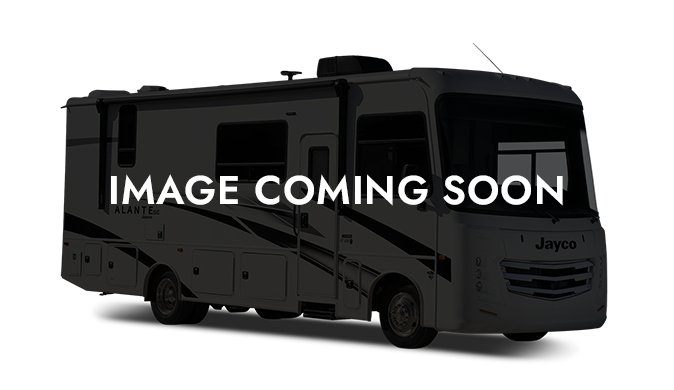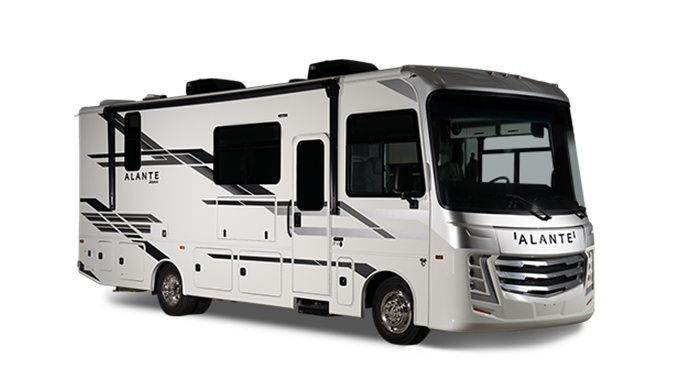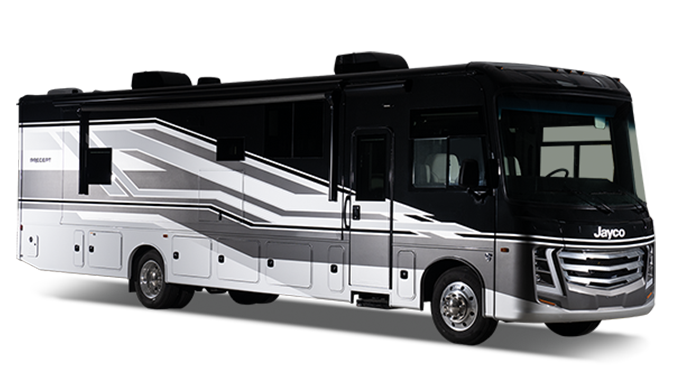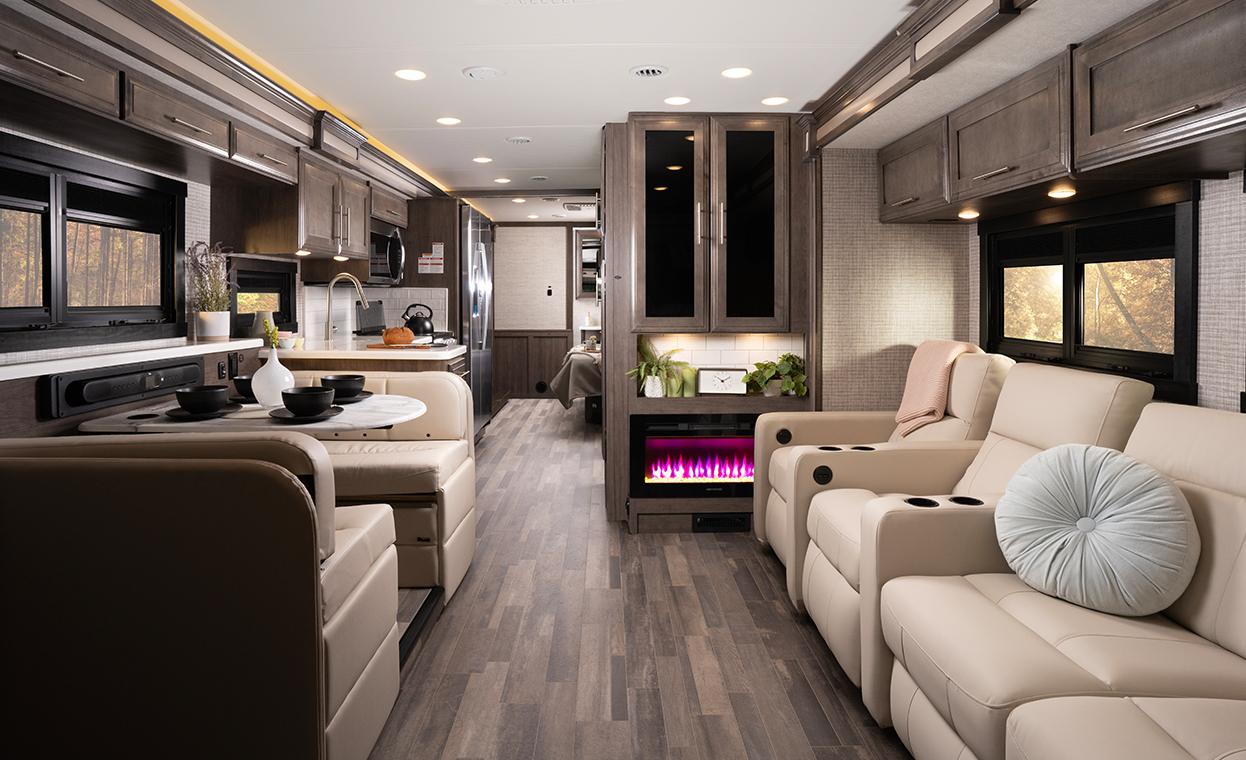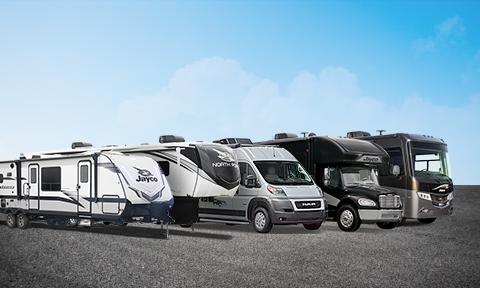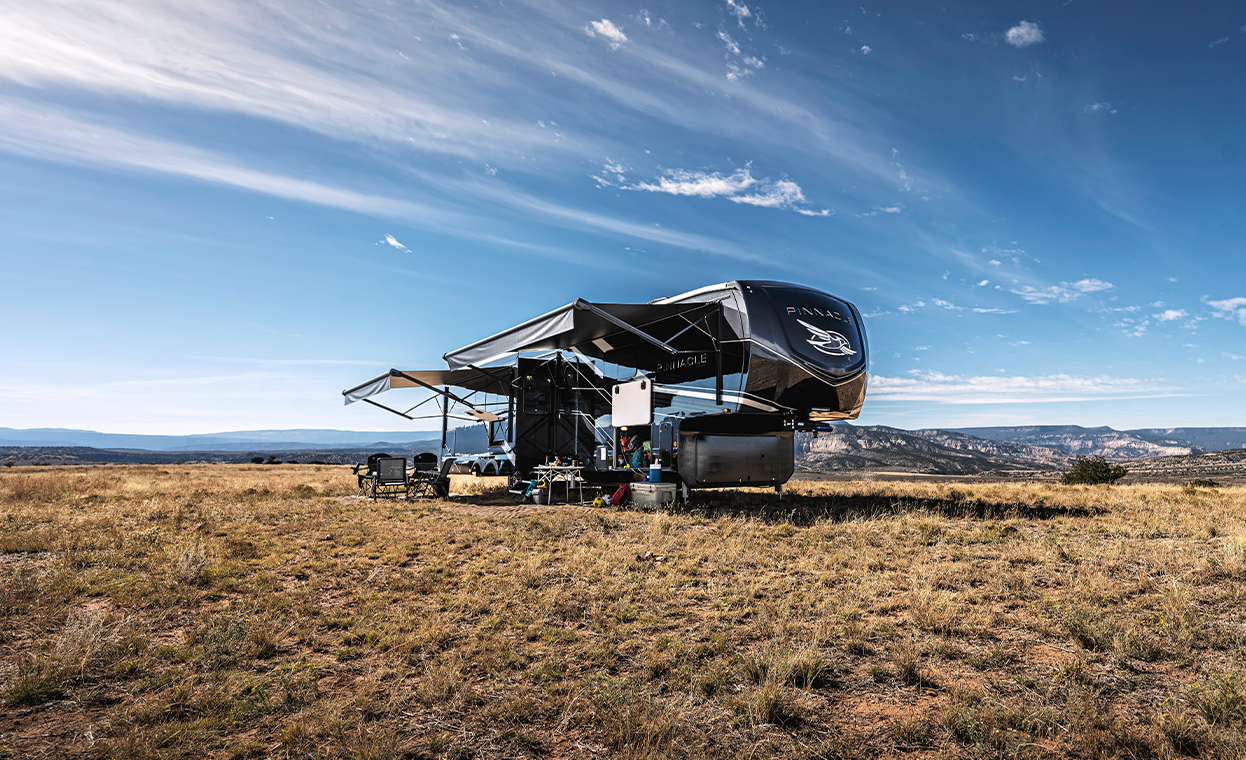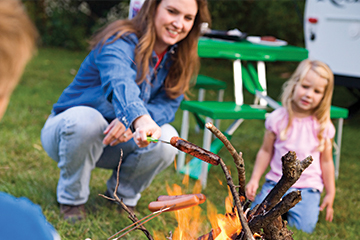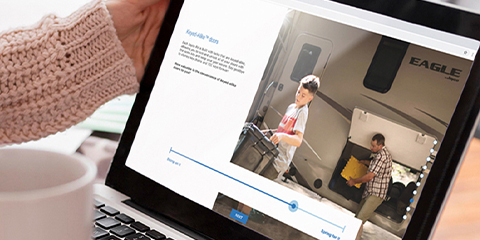Updated July 15, 2020
Some experts suggest renting an RV is one of the best ways to “test out” the lifestyle to see if it is right for you. But with a $2,000-$3,000 weekly price tag—not including gas, campsite fees, and supplies—there are a lot of factors to weigh before you make the decision to rent. We talked to a couple of families with recent experiences renting an RV—here are some of the considerations they noted.
1. Renting can be expensive
The overall cost of renting an RV for one week can be anywhere between $1,000-$3,500, depending on where/from whom you rent and the type of unit you rent. What’s more, it’s hard to know the exact amount of money you’ll spend (see the notes below on possible additional fees). One renter we talked to said, “When all was said and done, seven days of RVing was nearly $3,000, not counting the campsites (between $45-80 per night) or gas (another $500). Huge case for just biting the bullet and buying your own.”
2. Watch out for hidden fees
When it comes to renting an RV, the number and variety of additional fees can be shocking. While a savvy renter will have visibility to some of these fees during the research/rental quoting process, many are not disclosed until the final bill at the end of your trip. What’s more, no matter how diligent you are, some are almost impossible to avoid. In fact, one family we talked to incurred a whopping $600 in additional fees (not in their original quote) at the end of their trip.
Here is a list of a few common fees our RVers encountered:
• Security deposit. Both families we talked to had a $500 security deposit—which typically requires a hold on your credit card.
• One-way fee. Similar to car rental companies, one-way trips in which you pick up in one location and drop off in another incur hefty fees. In the case of one family, that was $550
• Additional miles. RV rental companies charge based on the number of days of your trip and the number of miles. The problem with the latter is that it is sometimes difficult to estimate the number of miles you’ll go depending on how you travel—especially if you’re making multiple stops. One family’s RV quote came out to about $.35 per mile. Over seven days, the family went 289 miles beyond the original mileage quote, resulting in an additional charge of about $100.
• Additional days. Picking up the RV can eat into your trip by as much as a half of a day. What’s more, loading and unloading your belongings from your RV and cleaning it before you return it can also take half of a day. This means that you’ll need to account for possibly as much as two additional days of rental fees in addition to the number of days you have planned for your trip.
• Cleaning fees. One of our renting families spent the entire morning after their RV trip cleaning their RV to get it spic and span—incurring an additional day of fees—only to be told that the cleaning wasn’t up to par and were given an additional $50 fee.
• Insurance. Most rental companies recommend additional liability insurance. For one family we spoke to, that added up to $110 over a seven-day trip.
• Generator use. Even use of the generator can incur additional fees, separate from the gas money you spend to power it.
• Bedroom and kitchen kits. If you don’t want to haul your pots, pans, sheets, blankets, and towels with you, you’ll pay a hefty fee for convenience. One renter paid $110 for a kitchen kit and $240 for personal kits for their family of four.
• Dumping fees. Most rental companies warn that you should return your unit with empty black and gray tanks. But that’s easier said than done. One renter made a point to empty their tanks at their last campground—but inevitable usage of the bathroom and sink water on the last leg of the trip meant they were hit with a $59 dumping fee.
• Propane. If you use RV appliances powered by propane while on the road, expect to pay a fee. Even with minimal usage, one family incurred a $30 propane fee.
• Fuel charge. As with car rentals, returning your motorized unit without a completely full tank of gas will hit harder than the average price of gas—usually in the ballpark of $5-$6 per gallon.
3. Rental RVs are “bare bones”
Keep in mind, rentals are NOT representative of the finishes, design, and amenities you’ll get if you buy—particularly if you rent from a large RV rental company. Those rental units are designed and manufactured to be bare-bones—and often far less comfortable and well-appointed than the RVs you’ll see for sale on a dealer’s lot. This may be fine for a short trip, but it can also deter first-time RVers who may not realize how much more comfortable and enjoyable RVing in their own unit can be.
4. A lack of familiarity with the RV can eat into your fun
It takes time and exploration to learn about your RV and all of its ins and outs. When you own your RV, you can practice setting up camp at a nearby campsite for a day/night or even boondocking in your backyard. But when your family vacation is riding (no pun intended) on your RV experience, the stakes are much higher. You may find yourself working out the kinks and learning as you go—at the expense of your hard-earned vacation time.
For example, one of our renter families found out the hard way that the gray water tank fills up quickly and can cause the shower to backup. The same family also found that their dog was partial to sleeping under the dinette—which caused the adjacent carbon monoxide detector to go off in the middle of the night. That renter said, “There were lots of things we weren’t familiar with when it came to RVing with that particular unit. If we had our own RV that we’d taken on a trial run before our real vacation, we could have avoided a lot of stress.”
5. You might run into issues
In line with the last consideration, renting an RV means taking the risk that key accessories/elements may be missing or not work. One of the renters we talked to said they learned only after they arrived at the campsite that the water hose that should have been in the storage compartment was missing. Another renter was told that the propane tanks in their unit were full but when they arrived at the campsite, they realized they were empty: “It was a small thing but it was stressful and we had to leave the campsite to exchange the tanks, which thankfully we were reimbursed for later.”
6. Prepare to pack the essentials
Rental RVs generally come bare. That means no linens, kitchen necessities, and cleaning supplies. Those who own, on the other hand, can hit the road with less hassle because those essentials are already stored and ready to go in their RV. As mentioned above, if you prefer to pay for convenience, most RV companies will provide kitchen and personal kits with the necessities—but for a fee.
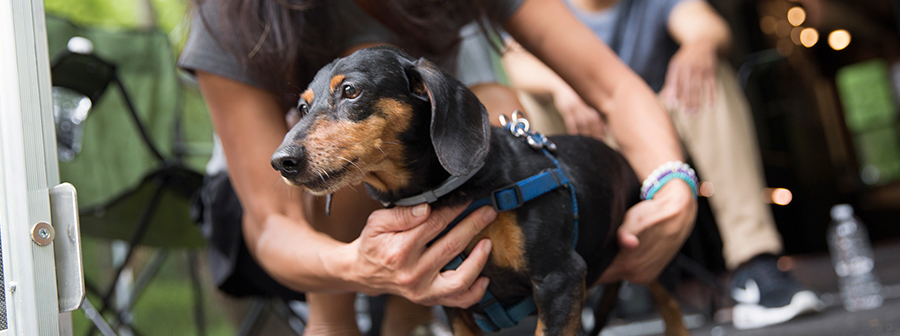 7. Pets might not be allowed
7. Pets might not be allowed
One of the best things about RV travel is that it’s easy to take your four-legged family members with you. But if you’re renting, that might not be an option. If it is allowed, it will likely incur additional fees.
8. Waiting is the hardest part
The last thing you want to do on your vacation is wait around and fill out paperwork. But RV renters should be prepared to spend at least an hour on each end of their trip at the RV rental counter. During busy season, wait times can be even higher. Once you have the keys and are ready to go, you’ll still need to load up your RV—and unload and clean at the end. When you own your RV, you can do this in advance and at your leisure. So as soon as your vacation day hits, you’re ready to hit the road.
9. Cleanliness/sanitization
In light of the COVID-19 pandemic, RVing has become a very appealing mode of travel. But when you rent, you might not have the same peace of mind as owning your own unit. While rental companies are stepping up in terms of safety measures, you’re still using a unit that other people have lived in—as recently as the day before. You’ll also come into contact with people in the rental center when you check in and out to rent the unit.
A lot to consider
In some cases, the amount spent on the rental could be a sizeable down payment on your own RV. And with financing options available, it might be better to skip the rental “test run” and just dive into your own adventure.
However, if you’re not ready to buy just yet, renting could be the way to decide if it’s right for you. But it’s important to set realistic expectations and realize that renting an RV can be a very different experience than owning your own. You might also want to consider visiting your local RV dealer before you rent. They’ll walk you through the latest features and floorplans and answer any questions about RVing or the RV lifestyle. If you still prefer to rent before buying, you’ll at least have baseline knowledge and have seen other units for comparison.
Curious about your options? Find a Jayco dealer here, or explore our product line here.

